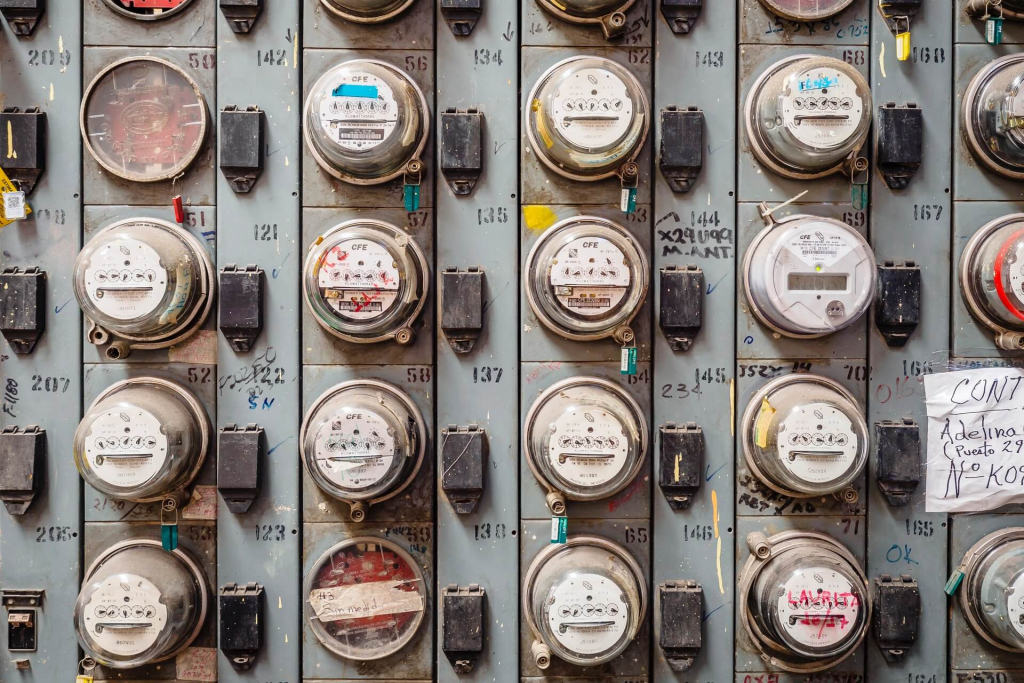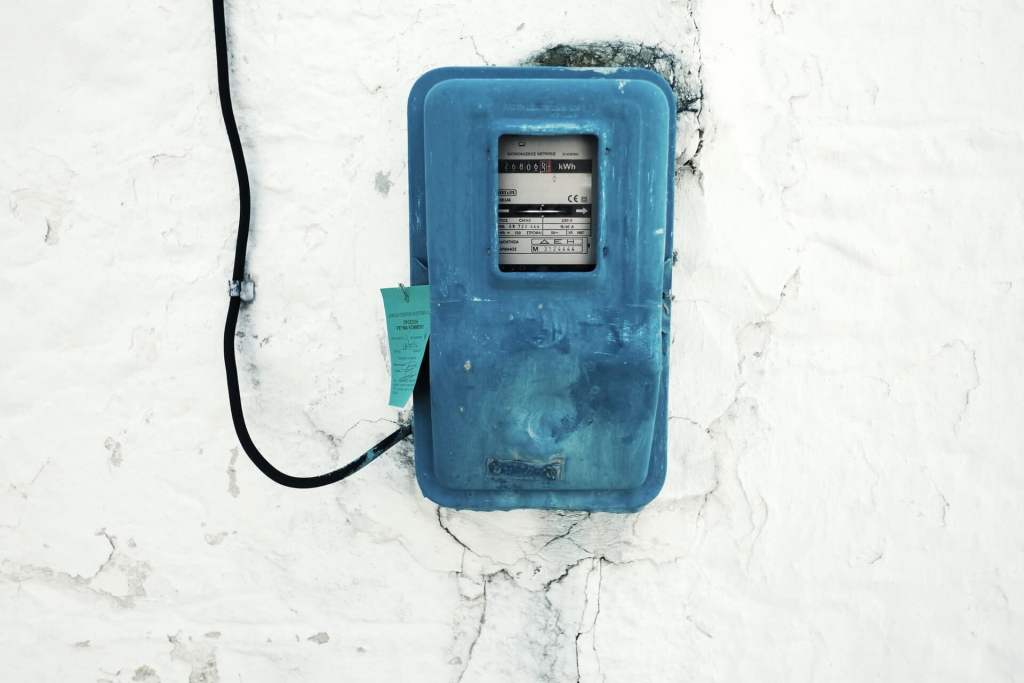Landlords are not just renting out properties and getting paid for it. They have so many other things to do if they want their business to do well. But the landlords are not the only ones who should do the work. The tenants also have their responsibilities.
The tenants are responsible for taking care of the property, making sure that they follow the rules and pay the bills. If they fail to do so, it could become a problem for the landlord. For example, a tenant fails to pay the utility bills, but he already ended his lease and moved out of the property. Who will pay for it?
A tenant leaving the landlord with unpaid bills is not unheard of. It happens quite often. Is the landlord obligated to pay for the unpaid utility tabs? Not all the time. It depends on the situation and the location. There is a correct protocol for these situations.

• Who is responsible for paying the bills?
The role of paying the bills will depend on the area. Some areas do not have rules on whoever is responsible, while some recommend that the landlords do it. There are instances that the tenants may pay their bills directly and instances wherein the landlords pay for it.
Whichever it is, the utility bills are named under one person only. This is an important factor to remember.
• Check the lease agreement
Part of a leasing agent’s task is to discuss the lease agreement with the tenants and landlords. You might have encountered contracts where a landlord is responsible for paying the bills and some wherein it is the tenants. Some lease agreements stipulate that they divide the responsibility.
In these situations, the landlord must check what the terms were agreed upon when they signed the contract. It is better to double-check and avoid assuming anything.

• Paying unpaid bills
We’re using the same situation as an example. The tenant has unpaid bills and the landlord found out too late. He released the security deposit and let the tenant leave. Can the landlord track down the tenant and make him pay, or do the landlord pay for it?
If the utility bills are under the tenant’s name, there is a big possibility that the landlord will not be held responsible for it. Since their names are on the bills, they are legally bound to pay for it. The companies are the ones responsible for filing legal charges against them. This is only a possibility because it will still depend on the local state laws.
However, if the utility bills are under the landlord’s name, it is a different story. If this is the case, it is most likely that the landlord will have to pay for the unpaid bills. The corporations will go after the name stated in their documents.
If this happens, the landlord can opt to file in the small claims court in his area to get the tenant to pay him back. But the success is not guaranteed.

In situations where the utility bills are shared between the tenant and landlord, the major factor to consider is the name on the utility bills. These situations are handled by the small claims court. It is important to remember that the landlord is not allowed to use the security deposit to cover the unpaid utility bills in most states. The tenant may come after him if he does.
Laws surrounding this subject are state-specific, so before landlords take action, they would have to consult with a lawyer to make more informed decisions.
Being a landlord comes with problems like this, but as I said, it is not easy. It’s good that you are around to help and find good tenants for them. On that note, sign up for Padleads now to post the property vacancies and syndicate it to other websites. Good tenants are everywhere if you know where to look.